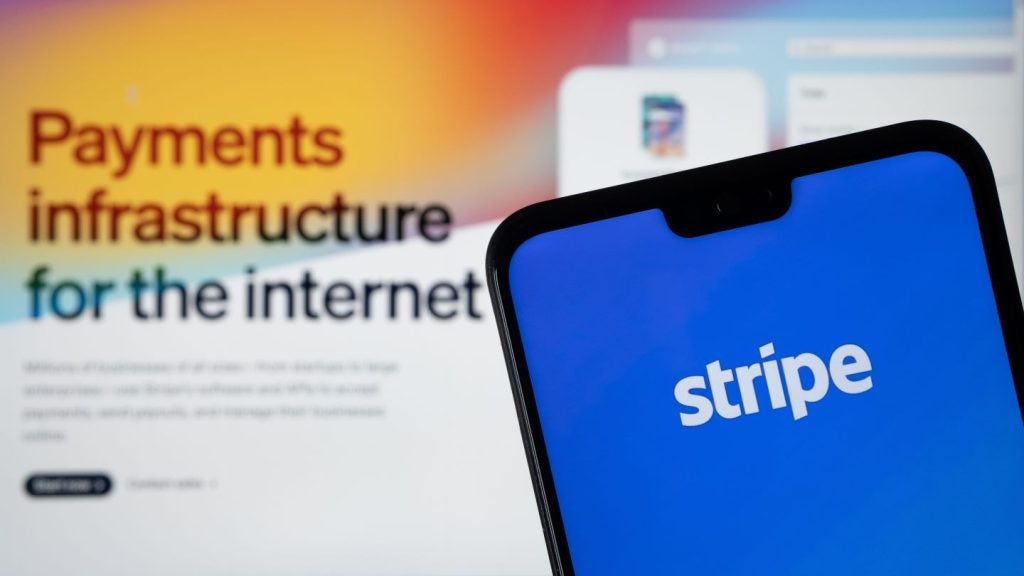VeriFone, the terminal and
software vendor, is offering mobile phone payment terminals to
consumers through Apple’s retail stores in an apparent change of
strategy. It is also offering a secure card reader for VeriFone’s
gateway payment service. Charles Davis reports.
In a major departure from the
firm’s time-honoured strategy of supplying payment terminals
through independent sales organisations which pair up merchants
with acquirers and processors, VeriFone is going straight to the
consumer by offering its mobile phone payment terminals through
Apple Inc retail stores.
The terminal and software vendor
also began offering a secure card reader and software, called
Payware Mobile for Apple’s iPhone, in January at no charge to
merchants that sign up for VeriFone’s gateway payment service. By
going retail, VeriFone thinks it has a real opportunity to reach
the smallest of merchant categories – merchants that currently have
no electronic payments processing relationship. The bet is that
small merchants will be willing to pick up the gadget at an Apple
store and set up a payment account later.
VeriFone designed Payware to make
it easy for smaller merchants to accept payment cards. Merchants
who purchase the device are required to use its Payware Mobile
payment gateway, which processes transactions through First Data
Corp, but VeriFone can configure a merchant’s account to work with
other processors as well.

US Tariffs are shifting - will you react or anticipate?
Don’t let policy changes catch you off guard. Stay proactive with real-time data and expert analysis.
By GlobalDataScott Henry, director of North
America product marketing for VeriFone, said that the company’s
market research showed that the ‘Level 5’ merchant – small, often
home-based providers of services and products often sold
individually – did not have a suitable product for accepting card
transactions. The device is aimed at people who are often on the
go, such as flea market merchants or food-cart operators, and Henry
said he has been amazed at the diversity of merchants signing up
for the service.
“Everything was either too
expensive, too risky or left them dependent upon the home office to
process transactions, and none were doing a very good job of
meeting their needs,” Henry said. “Most of these merchants run a
handful of transactions, or they concentrate transactions on a
seasonal or weekend basis. They may have a home office and run
transactions when they get home to the office, and just hope that
the transaction was valid.”
The card reader, which slips around
the phone, encrypts sensitive card data at the swipe, satisfying
the Payment Card Industry Security Council’s Payment Application
Data Security Standard. The product also includes a stylus for
cardholders to use to write their signatures on the phone’s touch
screen. Customers also can use a fingerprint to sign. The
signature-capture capability will enable merchants to process
transactions at card-present interchange rates, which typically
results in a 30% saving over manually entering card numbers.
“The last thing we wanted to do was
build a really high-end, VeriFone-branded skimming device, so we
really packed the encryption in,” Henry said.
VeriFone is developing other
versions of the software for use with other smartphone operating
systems, including Windows Mobile, BlackBerry and Google Inc’s
Android, and it should have those versions available by early
spring.
“The iPhone is ubiquitous, and
people are paying for wireless already, so leveraging that with a
piece of hardware that works for them,” Henry said. “Our mainstream
products were a little too much ‘device’ for this merchant
category.”
Beneficial
technology
Transactions made with Payware
Mobile are sent via the iPhone’s wi-fi or telecommunications
connection to VeriFone’s gateway for routing to appropriate
processors. Merchants with dedicated terminals typically must pay
an additional fee for wireless access, so the system saves small
retailers that cost.
VeriFone’s pricing plan includes a
$15 monthly gateway fee and a one-time $49 sign-up fee for
merchants with existing merchant accounts. Payment gateways enable
online connectivity to multiple processors. Merchants also pay
VeriFone $0.17 per Payware Mobile transaction. Acquirers are free
to develop their own pricing plans.
The average Payware transaction is
“north of $100,” Henry said, but the average Payware merchant uses
the device for only 20 transactions a month. VeriFone said it
expects much of its revenue to come from the gateway fee it charges
merchants.
VeriFone will direct merchants
without existing merchant accounts to a variety of payment
processing providers, Henry said.
The company estimates that roughly
18m small and microbusinesses in the US could benefit from taking
card payments, but that only 6.5m have the hardware to do so
today.
Several software companies offer
iPhone apps that let people accept cards through the phones, though
they lack the hardware that lets people swipe cards, meaning that
merchants have to pay more expensive card-not-present transaction
fees.
“Card-present rates and the
encryption are huge differentiators for the Payware solution,”
Henry said. “That, and the Apple brand, really make a huge
difference.”
Payware is also distinctive for
being the only VeriFone product with mandatory encryption. Because
VeriFone cannot control – and thus cannot trust – what programs
users put on their iPhones, the Payware device encrypts card data
as it is swiped. To make this possible, VeriFone also acts as the
gateway.
The gateway portal –
PaywareConnect.com – allows Payware merchants to manage multiple
readers from a single location and offers simplified reporting as
well as an array of tools aimed at helping the small business
organise and manage payments.
“For example, let’s say you have
five agents in the field,” Henry said. “Somebody back at the home
office could manage the transactions through the gateway portal and
manage the reporting, resolution, tailor email receipts of their
company with a logo and an invoice with a description of
services.”
The portal archives the signed
receipts, and even stores a GPS image of where the transaction took
place, which can come in handy in dispute resolutions.
VeriFone’s direct competition in the small-merchant race may
come from Square Inc, a start-up that announced its own iPhone
payment card reader last year. Square, headed by Jack Dorsey, the
founder of Twitter Inc, is still in beta tests and to date has been
positioned more as a person-to-person device.







